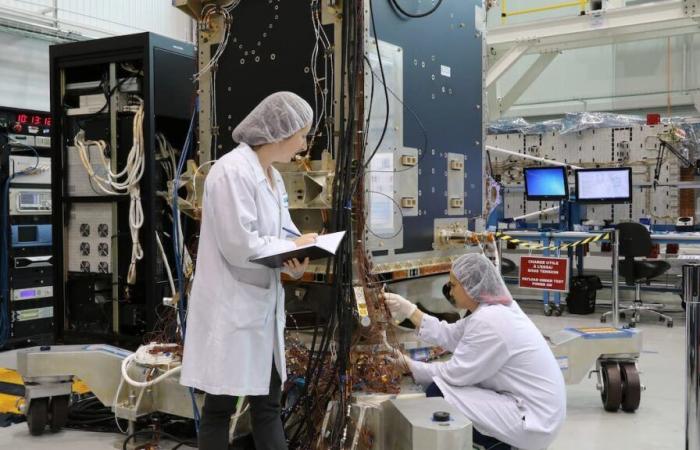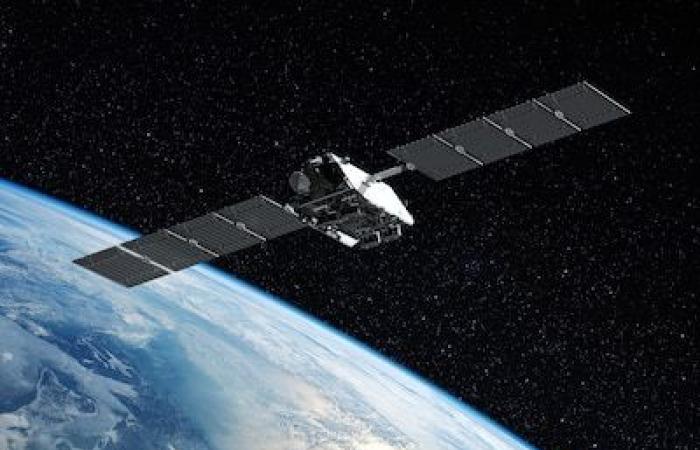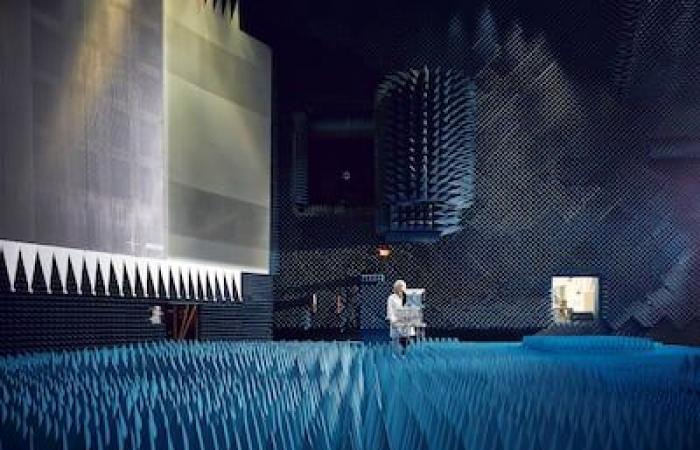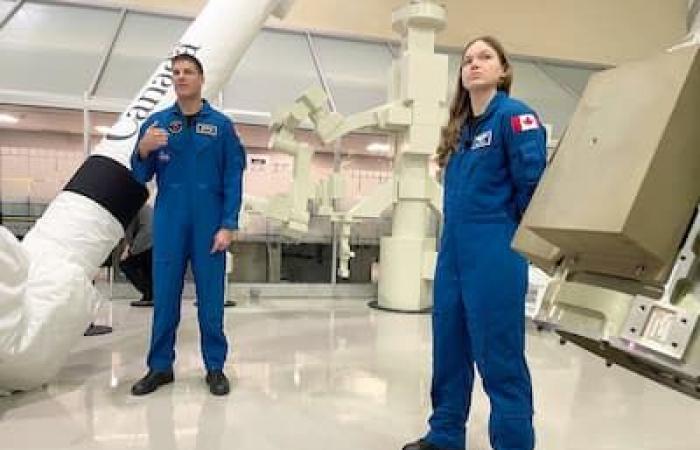Quebec wants to conquer the stars if we rely on its booming aerospace industry, the main players of which are meeting Thursday in a first Quebec forum on space.
“The market for the conquest of space is exploding and Quebec, particularly the Montreal region, is in a good position to benefit from it,” explains Pooneh Maghoul, professor of engineering at Polytechnique Montréal and organizer of the first Forum. Space Quebec which has the theme Quebec towards the Moon.
Director of a laboratory specializing in building the foundations of a permanent lunar station, she left Manitoba with her family to accept a position at the engineering school to be closer to the “incredible space ecosystem” that found in Quebec.
Pooneh Maghoul, full professor in the Department of Civil, Geological and Mining Engineering at Polytechnique Montréal, organized the first Québec Spatial Forum which is taking place this week in Montreal. Photo Joël Lemay. Photo Agence QMI, JOEL LEMAY
Photo Agence QMI, JOEL LEMAY
We are expecting big names there today: astronaut David Saint-Jacques, the Minister for the Economy Chirstopher Skeete, the mayor of Longueuil, Catherine Fournier, the president and CEO of the first entirely rocket manufacturing company Quebecois, Bachar Elzein, as well as all the elite of the aerospace industry in the metropolitan region.
Coming from California for the occasion, the eminent Leon Alkalai, an expert in space engineering and former head of NASA’s Jet Propulsion Laboratory, will give a lecture in the afternoon.
An image showing the Aurora satellite, from the Canadian firm MDA.
Photo provided by MDA
Success story
Even though Quebec is a small player on the international scale, it has always known how to position itself in terms of space exploration.
“There has been recognized expertise here since the 1960s. The Montreal region first made its mark in the aviation industry. It then took its place in the space market,” explains Marie-Josée Potvin, interim deputy director, Engineering and Capacity Development at the Canadian Space Agency.
Mme Potvin recalls that it was a moon landing train made in Quebec that landed the first spacecraft on the Moon with the first humans on board, Neil Armstrong and Buzz Aldrin, in 1969. The company Héroux Machine Parts Limited (today hui Héroux-Devtek), which created it, is still active in Longueuil.

The echo-free room at MDA, in Sainte-Anne-de-Bellevue, where satellite antennas are tested.
Photo provided by MDA
Currently, some 200 companies generate 39,000 jobs in the aerospace industry in the Montreal region alone.
«Montréal [est] one of the main aerospace centers in the world, particularly with regard to satellite components,” continues Mme Potvin.
900 employees and $400 million
The ability to join forces and Quebec creativity are factors that could explain this success.
“There is an ecosystem in Quebec favorable to research and innovation in the space field,” adds François Bertrand, head of research at Polytecnique Montréal.
It is no coincidence that the head office of the Canadian Space Agency, which employs 900 people and manages an annual budget of $400 million, was established on the South Shore of Montreal in 1990.

Canadian astronauts Jeremy Hansen and Jenni Gibbons at the Canadian Space Agency in Saint-Hubert on February 5, 2024. As part of the Artemis II mission. Credit Mathieu-Robert Sauvé
Photo Mathieu-Robert Sauvé
The aerospace industry in Quebec
- In the 1960s, the RCA Victor company from Verdun, which moved to Sainte-Anne-de-Bellevue, contributed to the design and construction of instruments for the first Canadian satellites, Alouette I and II.
- The Montreal company NorthStar Ciel & Terre recently launched its first satellites which will be dedicated to space traffic management, a first.
- In addition to Polytechnique Montréal, Concordia University offers training in space technology. McGill University is conducting research on weather radars installed on satellites, and the École de Technologie Supérieure will create a study program in aerospace engineering next fall.
- Although its head office is in Ontario, MDA develops advanced space technologies in Montreal, including radars and satellite systems.
- The global space budget will be counted in trillions (thousands of billions) by 2035, argues Mme Maghoul, referring to a report from the firm McKinsey which estimates the current space market at $630 billion (US) and $1,800 billion (1.8 trillion) in 10 years.
Do you have any information to share with us about this story?
Write to us at or call us directly at 1 800-63SCOOP.









